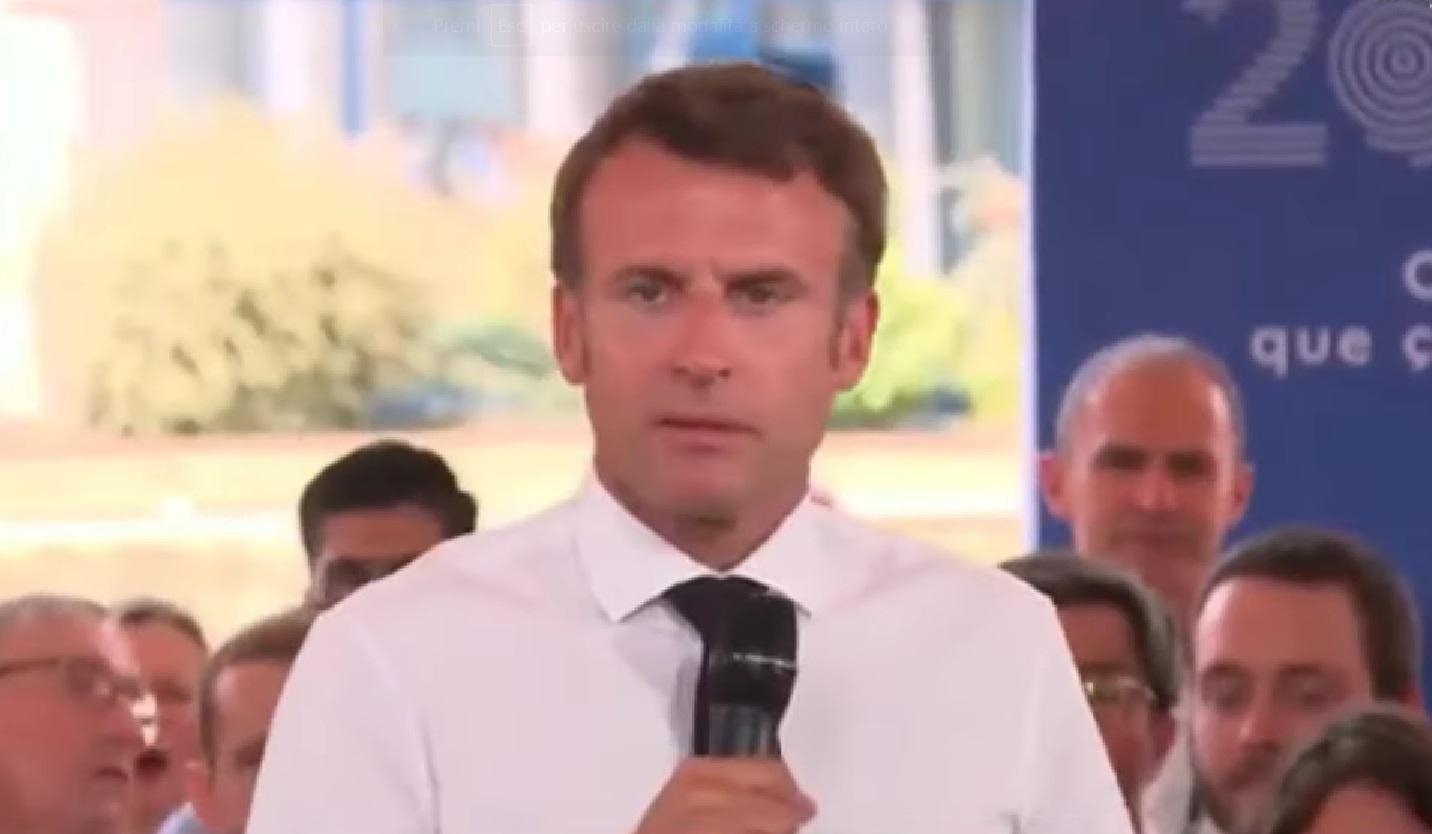International
The Olympics are over. Macron will now have to deal with France’s real problems

Now the Olympics are over, with Macron appearing overjoyed at what he considers to be a success. He can live in illusion on this point, but now the president will have to solve France’s real problems, the political and the economic. Will he realize that, in addition to the water of the Seine still remaining too dirty after all the money spent to have the races held there, France has a government in place only for ordinary, and now post-Olympic, affairs, which contrasts somewhat, shall we say, with the ambition of a country so strong and stable that it can still share with Germany, and moreover, in some difficulty, the management of Europe?
Macron was supposed to leave a few days for things to decant. It’s been three weeks and France doesn’t have a new prime minister, so it doesn’t have a government.
Macron hoped to succeed in splitting the Nfp, between the moderate left and the radical LFI left, but the project failed him. In the end, this wait seems to have strengthened the left, which, rightly from the point of view of numbers, now wants the prime minister.
The NFP group is ready to declare war on Macronist wait-and-see, and impose its candidates. A government with NFP will wipe out the president’s reforms, first and foremost the pension reform, and make him take back a good chunk of his economic policy. Only green extremism will survive, the kind that made people swim in the Seine, that left athletes without air conditioning to sleep in parks, precisely that part of politics most indigestible to the French. Who will remember it in the presidential elections.
Italy is fighting against its internal enemies
In Europe, the Italian oppositions, in their usual defeatist specialty, denounce, celebrate, and celebrate the “isolation” or “irrelevance” of their country, as Romano Prodi just preferred to say in Repubblica, speaking also as former Prime Minister and former president of the European Commission. A position, the latter, was remedied for him in his time by Massimo D’Alema to compensate him for the displeasure caused him by personally succeeding him at Palazzo Chigi in 1998, about a year and a half after the professor had arrived there with the Ulivo by beating Silvio Berlusconi in 1996 in a reduced version of the center-right, Umberto Bossi’s League having withdrawn.
The isolation of Meloni, who is mainly blamed for not having had the deputies of her political party vote for the confirmation of her friend Ursula von der Leyen to the presidency of the Brussels Commission, decided by the usual ones as if there had been no European elections on June 9 of a different sign from the past, consists for now in the vacations that the premier decided to spend with friends and family in Puglia. “A pro-European Meloni under the umbrella,” reported and commented Il Foglio, which also recently told of “not loving her” in an ambivalent balance of the first 650 days of government drawn up by editor Claudio Cerasa.
How truly or incisively pro-European, and therefore not isolated, will be seen when, perhaps even negotiating under that umbrella in the due ways allowed by electronics, the premier manages to agree with her friend repeatedly remaining at the presidency of the European Commission on the delegations of the representative due to Italy. All this, moreover, in an international context that is not hot but red-hot, even more so than the summer we are going through, because of the wars that are taking place on the borders, if not within Europe itself: from Ukraine to Gaza and its environs.






